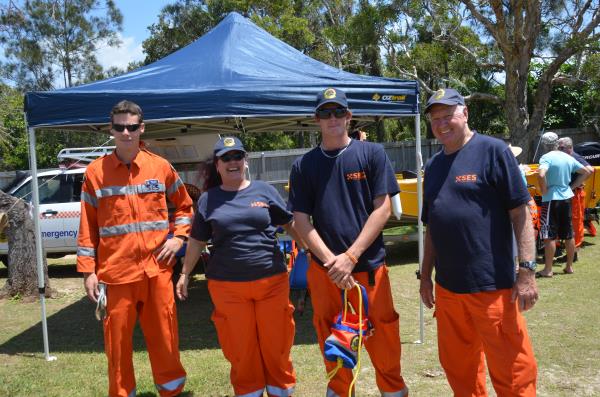INVERELL’S Bindaree Beef has secured a $23 million Federal Government grant to undertake a full scale biogas project.
The project promises to lower the plant’s carbon footprint, provide energy to generate electricity, fuel boilers, and even has future potential to go ‘off the grid’.
While Bindaree is now recognised as a leader in regional innovation, those involved say the story behind the success is a case of innovative thinking, careful planning, the ability to pull together a great team, and good old-fashioned hard work.
Bindaree Engineer David Sneddon said the biogas project will slash operating costs and increase jobs at Inverell’s largest employer.
“We had started looking into biogas and the Clean Technology grant, but most of the previous allocations under the grant had been around $200,000 to $2 million dollars, and we knew it was going to take more than that to make it happen,” Mr Sneddon said.
“The Member for New England at the time Tony Windsor recommended we talk to someone with the expertise and experience to manage the project, and after talking with Forsyths in Tamworth, we knew James Roger was on our side.”
Mr Roger said it was a privilege to be involved in a project that had such potential to demonstrate innovative business practice, and such positive outcomes for the environment.
“We wanted to be there to drive the project because we could see the potential,” he said.
“But we were going to be asking for a significant investment from the Government, and we needed to be sure that Bindaree were well-placed to deliver on their commitments too.”
Mr Sneddon said that now the project and grant have been approved, a period of planning will follow.
Design aspects will begin, with site preparation commencing in early 2014 with the project due will be completed within two years.
“Bindaree will now build a $45 million biodigester on site to process waste, turning it into methane so the gas can be used as a power source,” Mr Sneddon said.
The project also involves installing a more energy-efficient rendering plant and directing all organic waste through a digester to produce clean energy from biogas.”
Harnessing waste to generate clean energy will first allow Bindaree to replace its coal-fired boiler and cut electricity consumption by half, he said.
Taking into account carbon emissions reduction from electricity (excluding gas consumption) and diverted waste from landfill, the project has potential to save an unprecedented CO2-equivalent over its life.
It also means the company is well placed for future potential for self-sufficient energy production, and operation as a zero-waste system.


